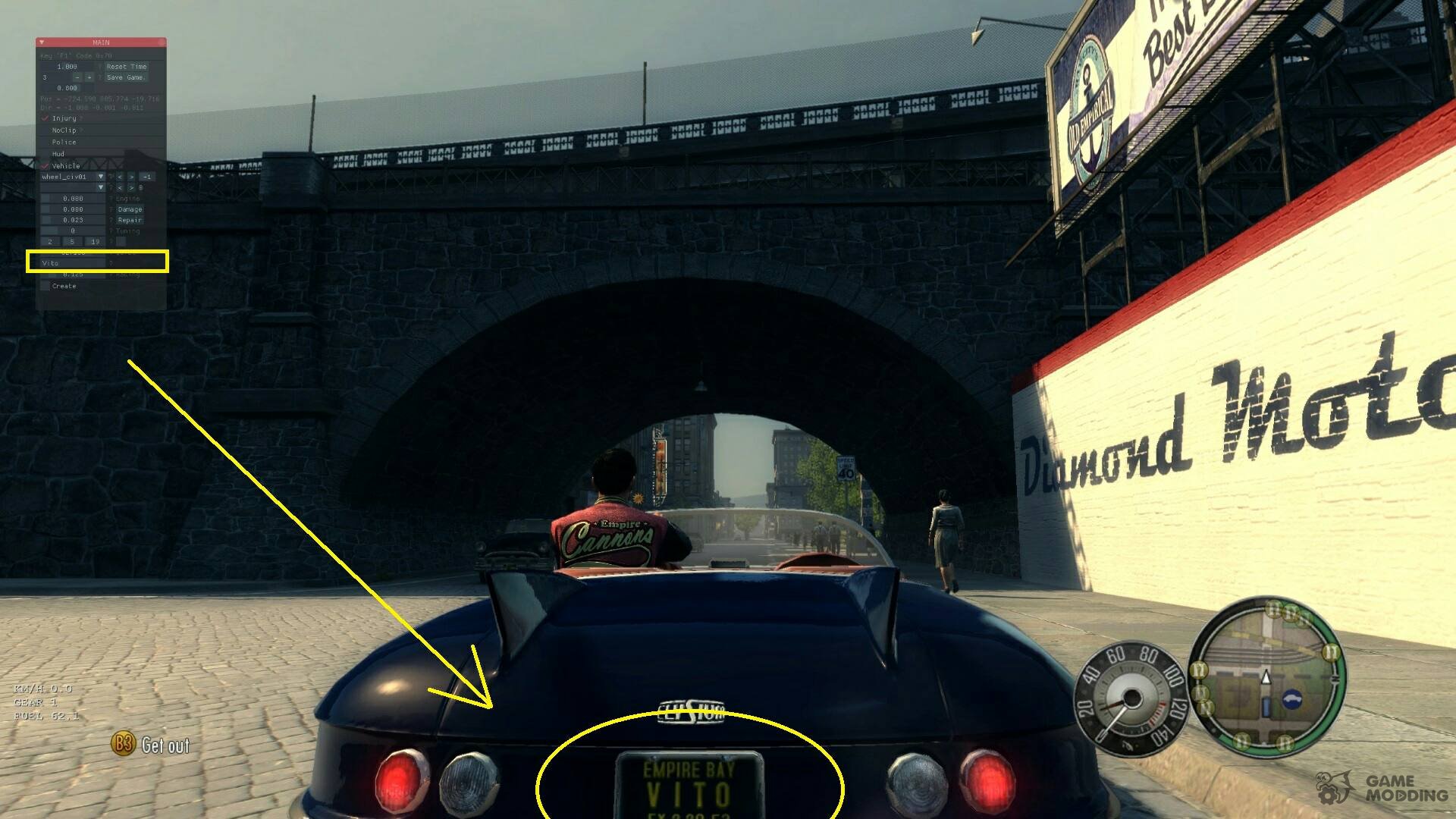

The AP had access to information police shared with Indigenous leadership. “The crime’s motive is some personal feud over fishing inspection,” the mayor of Atalaia do Norte, Denis Paiva, speculated to reporters without providing more details. Only the Indigenous can legally fish in their territories. In such operations, as a rule the fishing gear is seized or destroyed, while the fishermen are fined and briefly detained. Pereira, who previously led the local bureau of the government’s Indigenous agency, known as FUNAI, has taken part in several operations against illegal fishing.

He denies any wrongdoing and said military police tortured him to try to get a confession, his family told the Associated Press. According to accounts by Indigenous people who were with Pereira and Phillips, he brandished a rifle at them the day before the pair disappeared. The only known suspect in the disappearances is fisherman Amarildo da Costa de Oliveira, also known as Pelado, who is under arrest. The fish is sold in nearby cities, including Leticia, Colombia, Tabatinga, Brazil, and Iquitos, Peru. It weighs up to 200 kilograms (440 pounds) and can reach 3 meters (10 feet). One of the most valuable targets is the world’s largest freshwater fish with scales, the arapaima. The scheme is run by local businessmen, who pay fishermen to enter the Javari Valley, catch fish, and deliver it to them. On Saturday, federal police said they were still analyzing human matter found the day before in the area where they disappeared. They were returning by boat to the nearby city of Atalaia do Norte but never arrived.Īfter a slow start, the army, the navy, civil defense, state police and Indigenous volunteers have been mobilized in the search. The two men were in the Sao Rafael community. ATALAIA DO NORTE, Brazil (AP) - A main line of police investigation into the disappearance of a British journalist and an Indigenous official in the Amazon points to an international network that pays poor fishermen to fish illegally in Brazil’s second-largest Indigenous territory, authorities said.įreelance journalist Dom Phillips and Indigenous official Bruno Pereira were last seen last Sunday morning near the Javari Valley Indigenous Territory, which sits in an area the size of Portugal bordering Peru and Colombia.


 0 kommentar(er)
0 kommentar(er)
